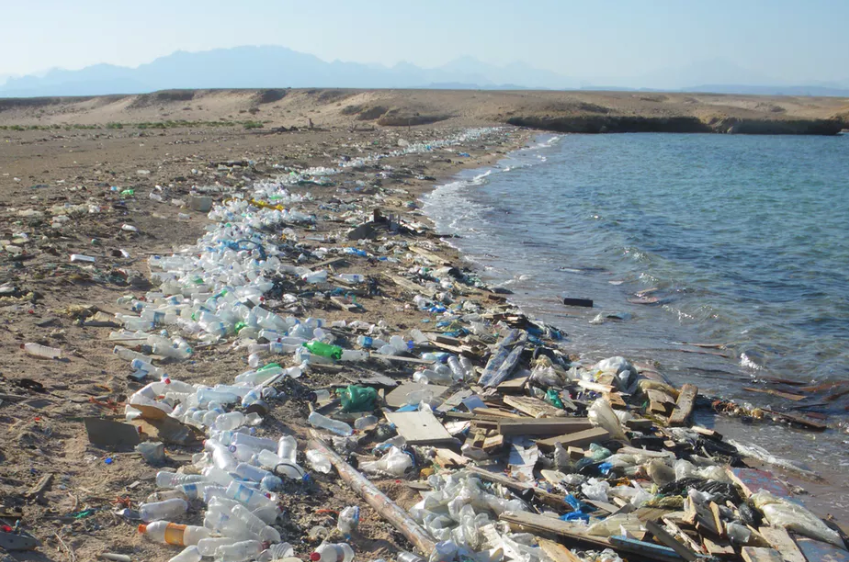
Marine biodiversity loss in our ocean - How important is it and how does it impact our planet
Biodiversity, also known as biological diversity, reflects the variety of life on Earth. This variety encompasses different levels, from genetics through species and ecosystems. Biodiversity underpins the health of our shared planet and has a significant impact on our lives. Indeed, biodiversity is crucial to our food supplies and has an effect on the ability of farmers, fishermen, and livestock keepers to produce food as well as other goods and services. In other words, the decrease in biodiversity can result in a future where fresh water supplies are irregular and scarce, and where food supplies are more vulnerable to pests and disease. Scientists predict that by the year 2050, more than 25% of species on Earth will be threatened with extinction by climate change alone.
A marine environment is characterized with its very high biodiversity, with a presence of 32 out of 33 described animal phyla. Marine organisms contribute to several important process that directly influence the health of humans, oceans and the planet. Marine biodiversity is crucial for human beings on many levels, … more than we think! The main use of marine ecosystem is through extracting fish and seafood; fish represents a primary source of animal protein for more than one billion humans in the world. However, oceans also provide other services to humanity, such as climate regulation through up-taking atmospheric carbon by phytoplankton organisms, dissolving and removal of several wastes and pollutants by marine bacteria, production of biofuels and new medicines and pharmaceutical products, in addition to providing a source of recreative activities for many people.
Marine ecosystems, consequently biodiversity, are under many pressures and threats, like pollution, over-fishing, climate change, ocean acidification and invasive species. Marine biodiversity loss impacts the ability of the ocean to adapt to climate change, to withstand disturbances and to play its role as a global ecological and climate regulator. Currently, 60% of the world’s major marine ecosystems exploited by humans are used unsustainably and have been degraded and endangered. Marine biodiversity is facing several significant threats that are causing severe changes in the mixture of species, their distribution and can results in their extinction. Based on the IUCN (International Union for Conservation of Nature) lists, 25% of marine mammals, over 27% of seabirds and 27% of corals are threatened; and by 2100 more than half of the wold’s marine species may be threatened by extinction.
Pollution is one of the major concerns threatening our oceans through discharging pollutants and chemicals into the ocean. Pollutants include rubbish, sewage, oils and fertilisers. One of main problem related to pollution is the creation of “dead zones”; this phenomenon appears when fresh water (e.g. river water) containing high amounts of nutrients reaches the sea. Due to the fact that the fresh water is rich in nutrients, a rapid proliferation of phytoplankton organisms is noticed. However, some phytoplankton species are toxic, difficult to digest and dangerous to other marine biodiversity. Even in the case of non-toxic phytoplankton, another major problem occurs when these organisms die and sink to the seafloor; dead phytoplankton organisms must be dissolved by bacteria which require oxygen. The fresh water, loaded with pollutants and nutrients, floats on the salty sea surface and prevents oxygen moving down. As no oxygen can get through to the seabed, the oxygen already there gets used up quickly, and the seabed becomes hypoxic, resulting in a “dead zone” with no biodiversity. And this is just a single example!
The environment4change team will help solve these problems by the collection of scale and action in cleaning our oceans of garbage and promoting the protection of waterways against marine pollution and degradation of sensitive habitats and ecosystems. Also, of interest is the looming problem of the introduction of invasive alien species, Treatment may include raising awareness and involving ports and customs authorities and shipping on this involving issue. environment4change is also committed to fight against ocean acidification, and the team is ready to help find solutions to minimize, and eliminate, chemicals and pollutants from our shared waterways.
